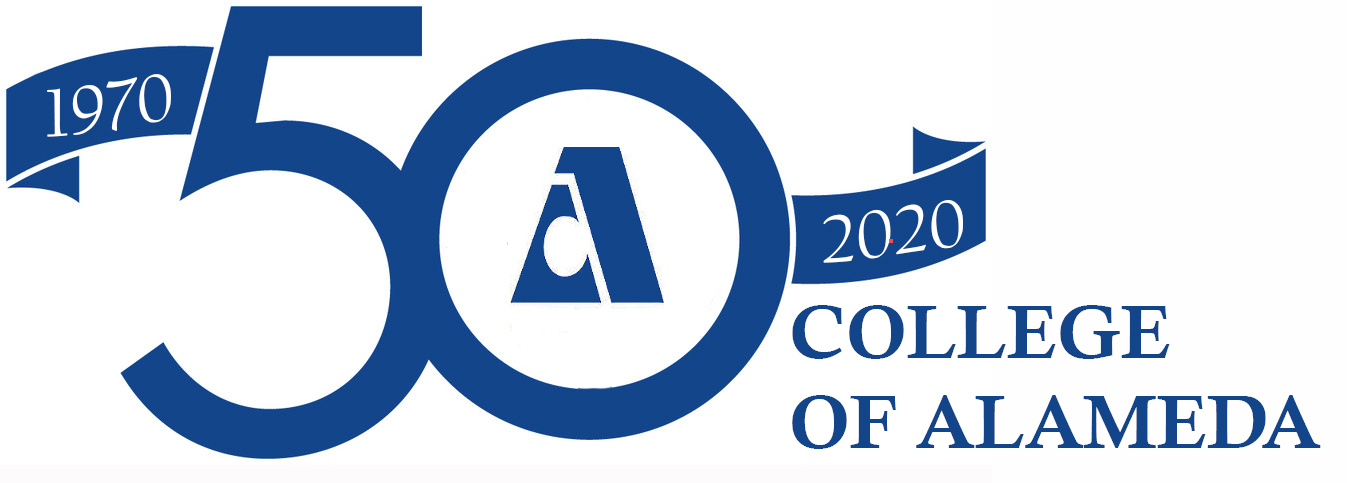Homework:
Online homework will be turned in via your account with Macmillan Achieve IGC. Such homework will be considered part of “class participation” (see below) which makes up 10% of your grade.
Problems from old quizzes and exams are also highly recommended and tend to be more difficult. Though these problems will not be turned in, you will find them highly valuable for developing your chemistry skills. For these problems it is strongly suggested you not look at the answers until you are absolutely stuck, in which case it is also a good idea to bring up the problem in class. Your goal is to thoroughly understand the material so collaboration with your fellow students on problems from old quizzes and exams is encouraged.
Quizzes and Exams:
At least every two weeks there will be an in-class 100 point quiz. Additionally there will be a 400 point midterm exam and an 400 point final exam. There will be no make-ups for tests and exams. Missing two quizzes, the mid-term, or the final exam results in an F for the course. Quizzes and exams will make up 70% of your grade.
Laboratory:
At least one virtual experiment will be carried out each week with Beyond Labz Virtual Chemistry Labs. Lab worksheets corresponding to each experiment will be turned in on Canvas. Missing, flunking, or failing to write up worksheets for three experiments disqualifies you from this course. As with homework, collaboration in the lab is encouraged with regards to collecting data. However, you must do your own calculations and interpretation of results. Expect to make mistakes. A large amount of learning occurs when you get feedback on your own work. Copied work is obvious and will result in loss of credit and corrective action. Plagiarism or cheating in any context, tests, exams or labs, will result in disciplinary action (1st offence: zero on test or lab; 2nd offence automatic F for the course). Labs will make up 20% of your grade.
Attendance: Class time is your best opportunity to ask questions about problems you are stuck on, confusing text material, or chemistry related topics that tweak your curiosity. To help you along in this direction, class participation including attendance, problem solving (evidence of homework) and discussion will make up 10% of your grade. You can be dropped from the course if you miss a certain quota of lecture and/or lab hours. (Consult with a dean if you have questions about this policy.)
Class participation:
Class time is your best opportunity to ask questions about problems you are stuck on, confusing text material, or chemistry related topics that tweak your curiosity. To help you along in this direction, class participation including attendance, problem solving (evidence of homework) and discussion will make up 10% of your grade. You can be dropped from the course if you miss a certain quota of lecture and/or lab hours. (Consult with a dean if you have questions about this policy.)
Learning Strategy:
Chemistry addresses the fundamental nature of substances (kinds of matter) and changes that substances undergo. Science in general and chemistry in particular can be very satisfying to people who are curious about nature and/or technology. While demanding, chemistry rewards those who put in the time and effort to attain real understanding. To maximize your chances of success the following steps are highly recommended: 1) form small study groups that meet on a regular basis and get tutoring if you need it 2) before reading a chapter try a few problems and look at the “Summary and Key Terms” at the end of the chapter 3) attempt problems and read the material well before lecture so that you arrive with questions. Learning is more efficient if you come to class stuck on problems and/or reading material. Use the book to learn the easy material and use the instructors to help you master the difficult concepts.
If you seriously put in more time out of class than in class on chemistry you will get a good grade in this course.
